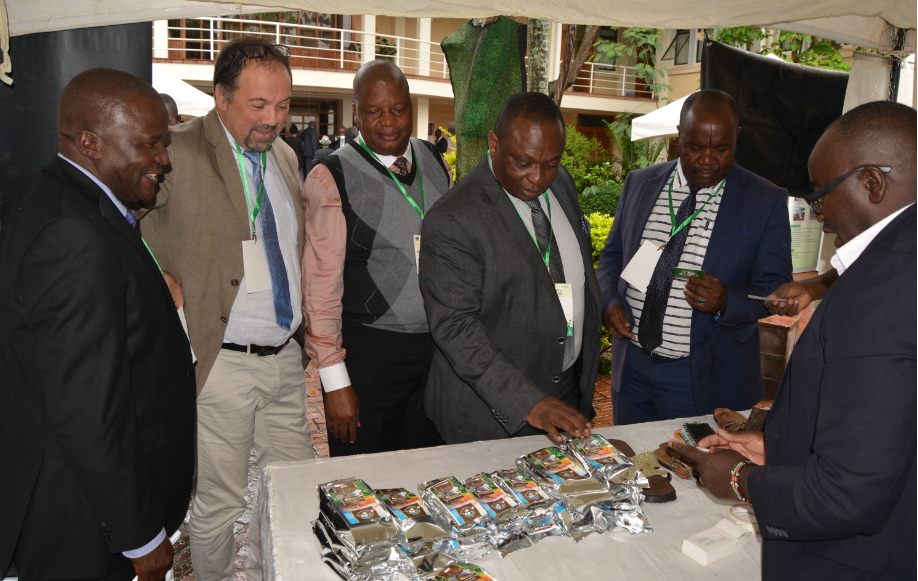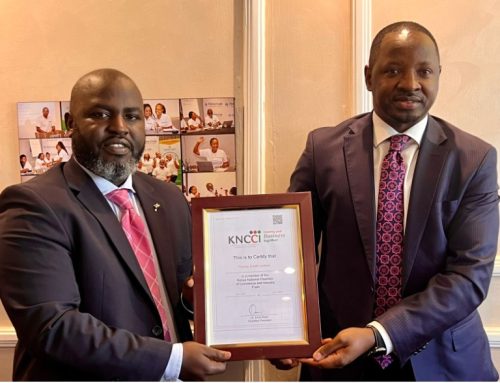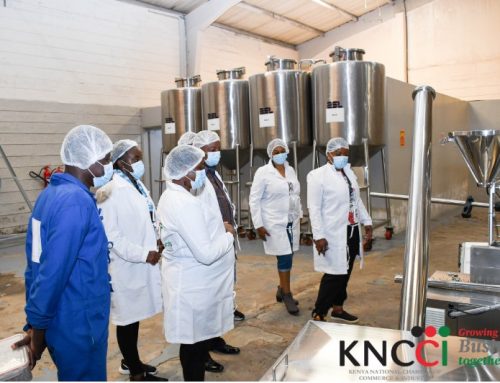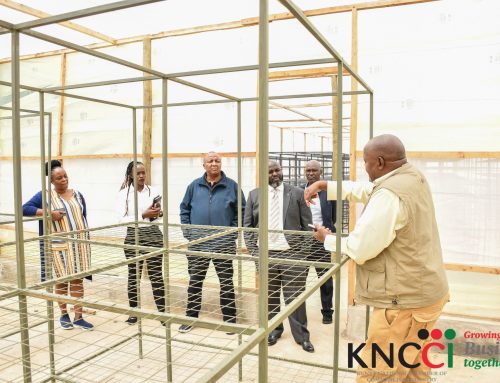The Switch Africa Green forum to discuss the Green to Grow project kicked off in Nairobi with focus on which Kenyan MSMEs involved in the food value chain mainly coffee, dairy and mangoes can have a multiplier effect on the economy. The project focuses on disseminating sustainable consumption and production practices (SCPs), and which is being implemented by a consortium of eight organizations led by Etimos Foundation, has for the past two years been promoting an inclusive green economy, featuring sustainable consumption and production patterns at the core of sustainable development.
Etimos Foundation challenged developing countries to expand their agriculture sustainably by using environmental friendly practices. Etimos Foundation President added that enterprises must seek to overcome the challenges of climate change while at the same time striving to become more competitive, domestically and internationally.
The wise management of the earth’s resources and environment consistent with the principles of sustainable development is indispensable for our common future,” Santori said.
He warned that with the increasing global population and the increase in energy consumption sustainable consumption and production was required manage the increasing demand on natural resources.
On his part Kenya National Chamber of Commerce & Industry President Richard Ngatia called on businesses to integrate environmental sustainability with economic growth by separating environmental degradation from development.
“To secure a sustainable future, we must transform our consumption and productions patterns – from extraction, to processing and subsequent use and disposal of resources,” Ngatia told the forum.” Resource and impact decoupling are essential to promote sustainable consumption and production patterns and to make the transition towards a greener and more socially inclusive global economy.”
Ngatia added that the Chamber which is one of the partners was working with members who consist mainly of micro, small and medium enterprises with an aim to reduce the environmental footprint while strengthening their local and international competitiveness through value addition. He added that the Chamber was glad that farmers locally who had gone through the programme were now able to fully understand their value chains and thereafter established effective local and export market linkages.
The event comes even as the various goods from the continent risk facing restrictions to the European Union over the production in unsustainable means. In its remarks delivered by Thomas Yatich the EU warned that farmers not producing in an ecologically viable way might not be able to access its market going forward.






